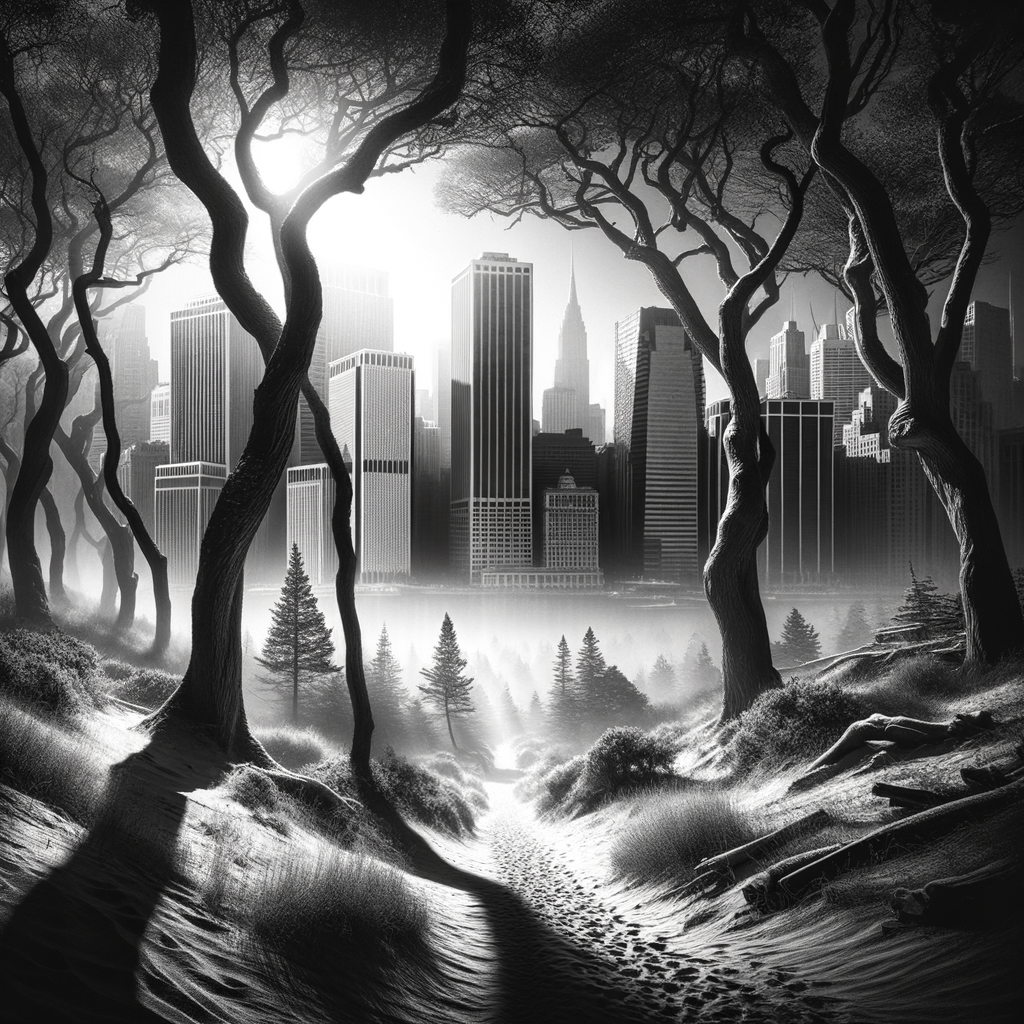
Black and white photography is not just the absence of color; it is an expressive language that can convey emotions, atmosphere, and mood better than many color photographs. In this article, we will reveal the secrets of mastering black and white photography, present the best techniques, and inspire you to create beautiful monochrome images.
For over a century, black and white photography has remained one of the most popular and respected formats in the realm of visual art. It allows photographers to focus on its fundamental principles: light, shadow, texture, and form. With the absence of color and distractions, the emphasis shifts to composition and details, making each image unique and expressive.
To create stunning black and white photography, it is essential not only to possess technical skills but also to understand aesthetics. The key aspects to consider are:
- Light and shadow: A clear understanding of light and shadow plays a crucial role in creating expressive black and white images. Pay attention to when you are shooting; morning or evening light creates softer shadows and beautiful gradations, while midday sun can be harsh and sharp.
- Contrast: Black and white images thrive on contrasts. Using high and low values can create mood and highlight key elements of composition. Experiment with different contrast values both while shooting and during post-processing.
- Texture: In black and white photography, textures become particularly important, as they add depth and interest to the image. For instance, the texture of tree bark or the smoothness of water's surface stands out more vividly when color is absent.
One of the more challenging tasks photographers face when working with black and white images is choosing the right composition. The selection of elements, their placement, and the use of leading lines help create a harmonious and engaging piece. Remember the Rule of Thirds, which can assist in composing your frame and drawing the viewer's attention.
Modern technology has significantly simplified the processing of black and white photographs. Software like Adobe Lightroom or Photoshop offers numerous tools for enhancing your images, adjusting contrast, and fine-tuning black-and-white levels.
It's important not only to master the editing process but also to cultivate your vision. Seek inspiration from the works of great masters of black and white photography, such as Ansel Adams or Helmut Newton. Study their techniques and try to adapt their approaches to your own works.
Lastly, it is crucial to remember that black and white photography requires practice and patience. Do not fear experimentation; explore various methods, refine your technique, and develop a unique style. In doing so, you can create images that speak the language of black and white aesthetics.


